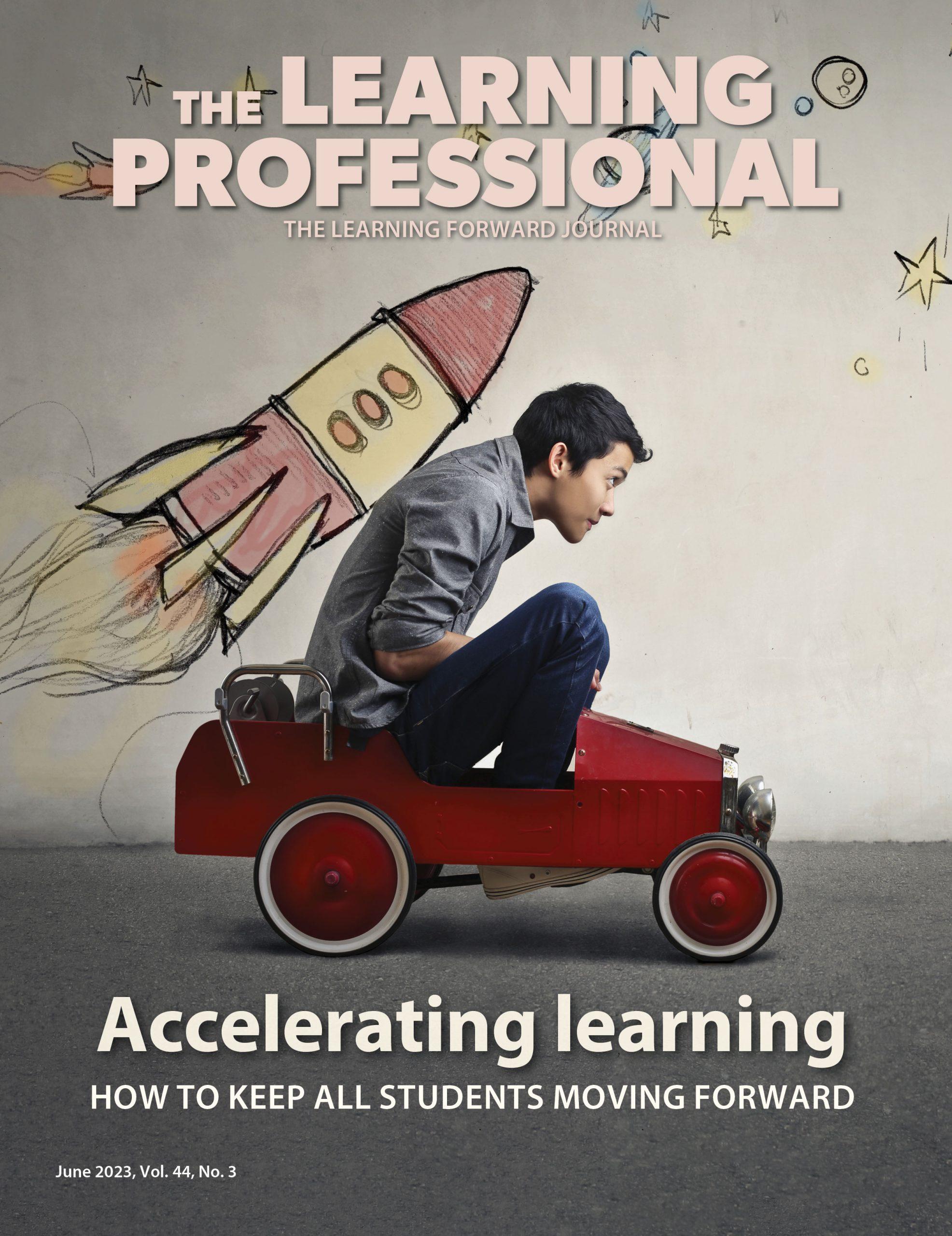Out Of Isolation
Superintendents band together to improve instruction and equity in their districts
By Learning Forward
December 2012
Vol. 33 No. 6
Read the remaining content with membership access. Join or log in below to continue.
Sed ut perspiciatis unde omnis iste natus error sit voluptatem accusantium doloremque laudantium, totam rem aperiam, eaque ipsa quae ab illo inventore veritatis et quasi architecto beatae vitae dicta sunt explicabo. Nemo enim ipsam voluptatem quia voluptas sit aspernatur aut odit aut fugit, sed quia consequuntur magni dolores eos qui ratione voluptatem sequi nesciunt. Neque porro quisquam est, qui dolorem ipsum quia dolor sit amet, consectetur, adipisci velit, sed quia non numquam eius modi tempora incidunt ut labore et dolore magnam aliquam quaerat voluptatem.
Defining the Issues
Theories of action: The beliefs and assumptions, often implicit and unarticulated, that lead people and groups to act in certain ways. When made explicit, theories of action can be used to examine how plans and strategies are supposed to reach specific outcomes and to reflect on what can be done to improve the chances of reaching those outcomes.
Problems of practice: Issues of instructional and/or organizational practice that can be addressed in a meaningful period of time and set the stage for further work.
Instructional rounds: A practice in which groups of educators visit a series of classrooms in one school for short periods of time, make observations focused around a problem of practice, reflect together on what they observed, and offer feedback to the hosting principal (City, Elmore, Fiarman, & Teitel, 2009).
Red zones: Groups of students who are significantly underperforming their peers. These students may be concentrated in a particular geographic area or they may share other commonalities such as racial or cultural background, gender, age, etc. (Childress, Doyle, & Thomas, 2009).
References
Childress, S.M., Doyle, D.P., & Thomas, D.A. (2009). Leading for equity: The pursuit of excellence in Montgomery County Public Schools. Cambridge, MA: Harvard Education Press.
City, E.A., Elmore, R.F., Fiarman, S.E., & Teitel, L. (2009). Instructional rounds in education: A network approach to improving teaching and learning. Cambridge, MA: Harvard Education Press.
Cohen, D.K. & Ball, D.L. (1999, June). Instruction, capacity, and improvement (CPRE Research Report Series RR-43). Philadelphia, PA: Consortium for Policy Research in Education, University of Pennsylvania.
Elmore, R. (2002). Bridging the gap between standards and achievement: The imperative for professional development in education. Washington, DC: Albert Shanker Institute.
Hatch, T. (2009). Managing to change: How schools can survive (and sometimes thrive) in turbulent times. New York, NY: Teachers College Press.
Louis, K.S., Leithwood, K., Wahlstrom, K., & Anderson, S. (2010, July). Learning from leadership: Investigating the links to improved student learning. St. Paul, MN: Center for Applied Research and Educational Improvement, University of Minnesota & Ontario Institute for Studies in Education, University of Toronto.
Mendels, S. (2012, February). The effective principal: 5 pivotal practices that shape instructional leadership. JSD, 33(1), 54-58.
Spillane, J. & Diamond, J.B. (Eds.). (2007). Distributed leadership in practice. New York, NY: Teachers College Press.
Learning Forward is the only professional association devoted exclusively to those who work in educator professional development. We help our members plan, implement, and measure high-quality professional learning so they can achieve success with their systems, schools, and students.
Recent Issues
TAKING THE NEXT STEP
December 2023
Professional learning can open up new roles and challenges and help...
REACHING ALL LEARNERS
October 2023
Both special education and general education teachers need support to help...
THE TIME DILEMMA
August 2023
Prioritizing professional learning time is an investment in educators and...
ACCELERATING LEARNING
June 2023
Acceleration aims to ensure all students overcome learning gaps to do...









